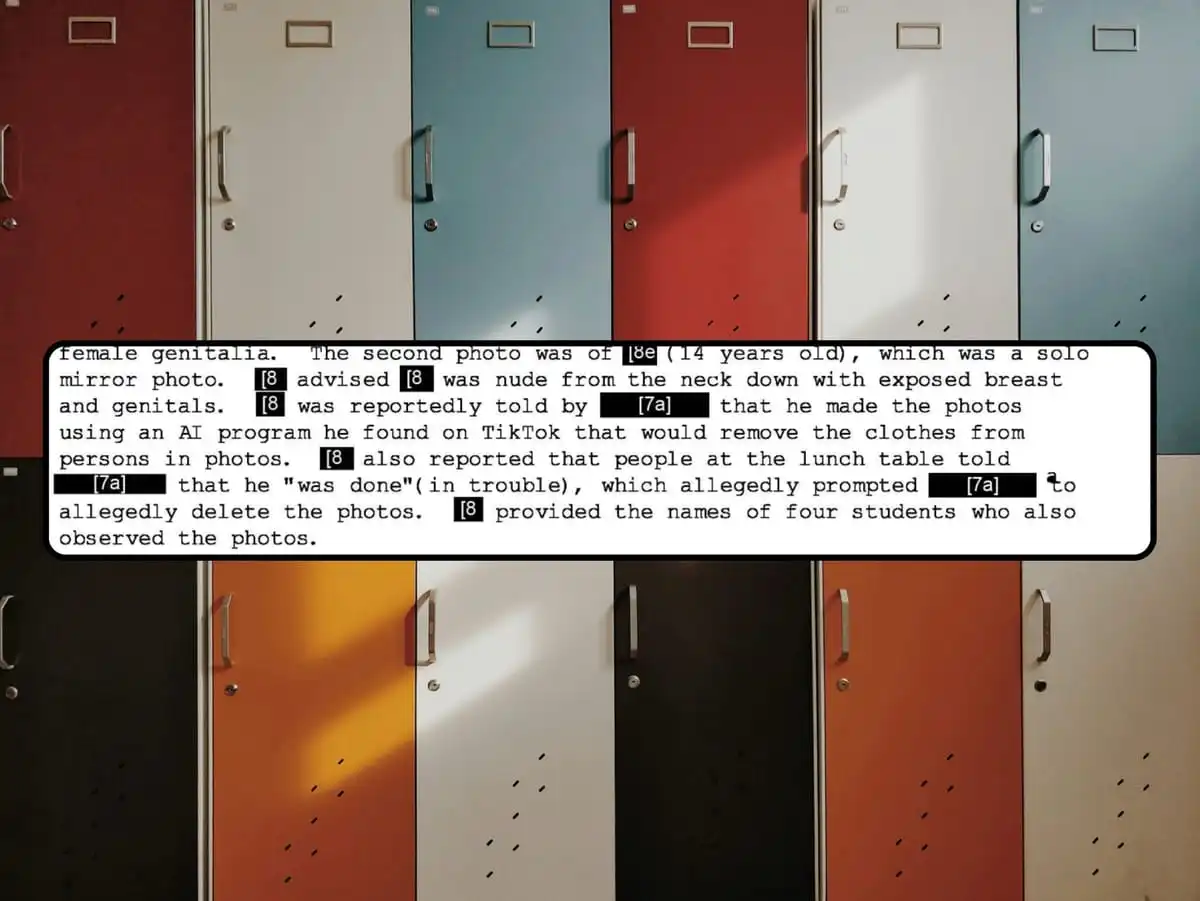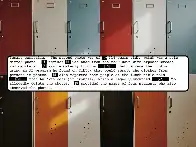1.) Germany has civil laws giving a person depicted similar rights as the creator of an image. It is also an criminal offense publishing images, that are designt to damage an persons public image, Those aren’t perfect, mainly because there wording is outdated, but the more general legal sentiment is there.
Germany also has laws criminalizing insults. You can actually be prosecuted for calling someone an asshole, say. Americans tend to be horrified when they learn that. I wonder if feelings in that regard may be changing.
AFAIK, it is unusual, internationally, that the English legal tradition does not have defamation (damaging someone's reputation/public image) as a criminal offense, but only as a civil wrong. I think Germany may be unusual in the other direction. Not sure.
2.) The police traces the origin through detective work. Social Cycles in schools aren’t that huge so p2p distribution is pretty traceable & publishing sites usually have ip-logs.
Ok, the police would interrogate the high-schoolers and demand to know who had the pictures, who made them, who shared them, etc... That would certainly be an important life lesson.
The police would also seize the records of internet services. I'd think some people would have concerns about the level of government surveillance here; perhaps that should be addressed.
How does that relate to encryption, for example? Some services may feel that they avoid a lot of bother and attract customers by not storing the relevant data. Should they be forced?
3.) It gives the police a reason to investigate, gives victims a tool to stop distribution & is a way to compensate the damages caused to victims
That's what you want to happen. It does not consider what one would expect to actually happen. It's fairly common for people of high school age to insult and defame each other. Does the German police commonly investigate this?


